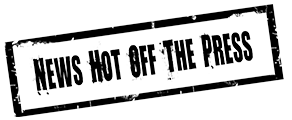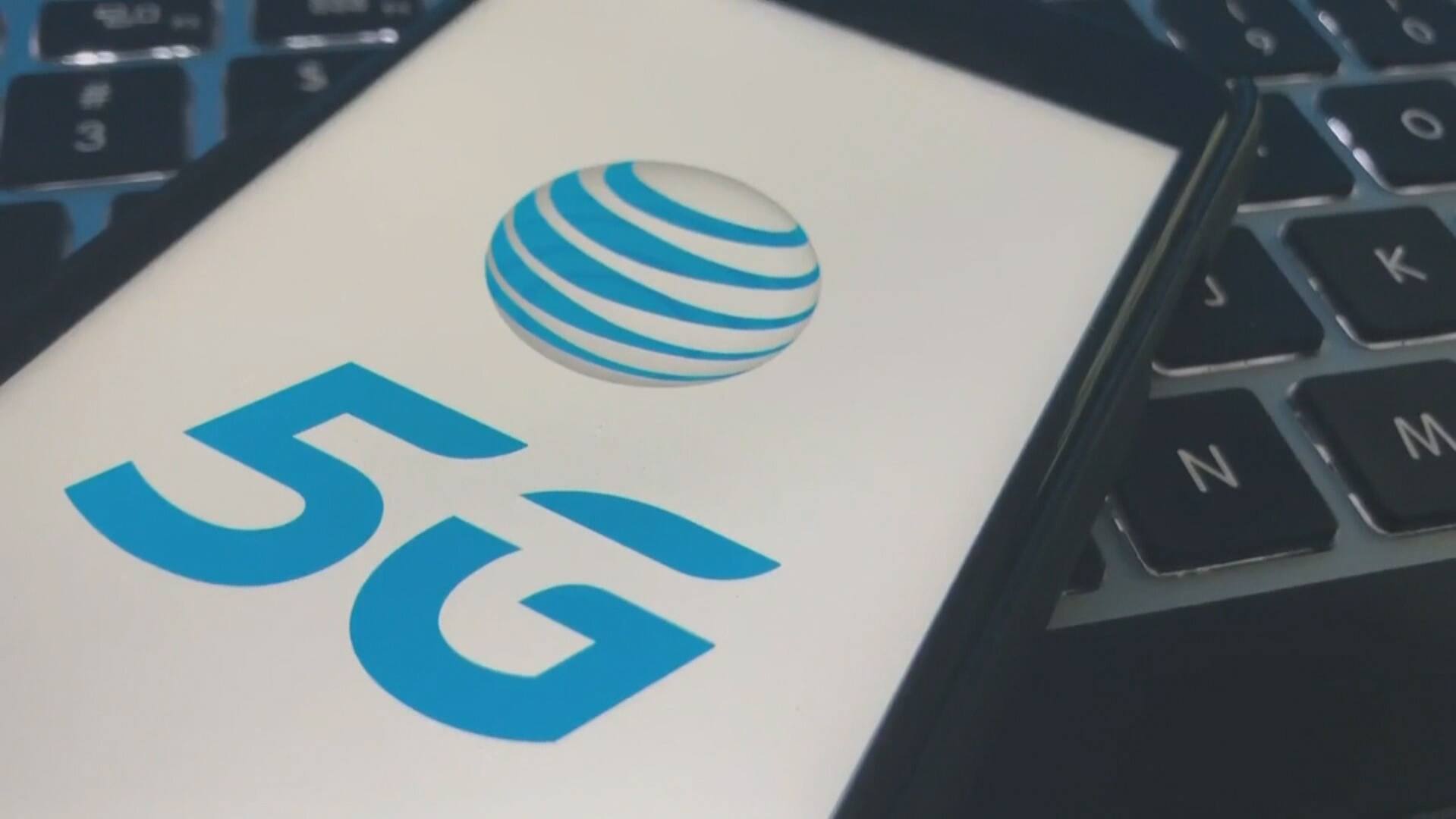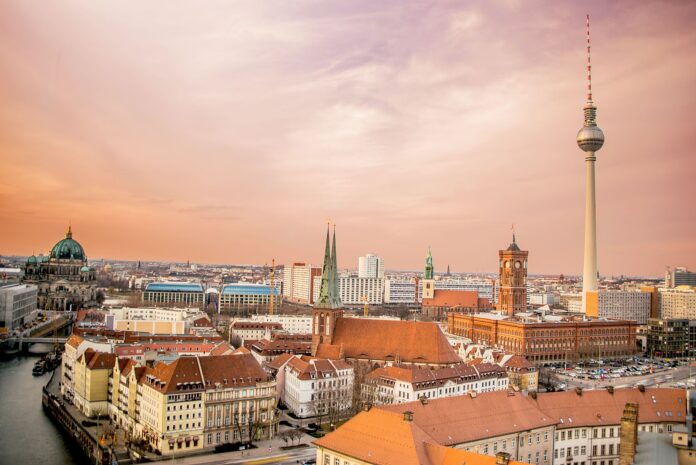AT&T will postpone the brand new 5G wi-fi service close to some airports deliberate for this week after the biggest U.S. airways stated the service would intrude with plane expertise and trigger large flight disruptions.
The corporate stated Tuesday it could delay turning on new cell towers round runways at some airports — it didn’t say what number of — and work with federal regulators to settle a dispute over potential interference from new 5G service.
The choice got here after the airline trade raised the stakes in a showdown with AT&T and Verizon over plans to launch new 5G wi-fi service this week, warning that hundreds of flights might be grounded or delayed if the rollout takes place close to main airports.
Verizon and a commerce group for the telecom trade, CTIA, didn’t instantly reply to requests for remark.
U.S airways warned of large journey disruptions
On Monday, CEOs of the nation’s largest airways stated that interference from the wi-fi service can be worse than they initially thought.
“To be blunt, the nation’s commerce will grind to a halt” except the service is blocked close to main airports, the CEOs stated in a letter Monday to federal officers together with Transportation Secretary Pete Buttigieg, who has beforehand taken the airways’ aspect within the matter.
WATCH | 5G rollout may trigger ‘catastrophic’ disruptions, airways say:
The American airline trade is warning that hundreds of flights might be grounded or delayed if new 5G wi-fi service is launched this week as deliberate. 2:48
The airways requested that the brand new, sooner cell service be banned inside two miles of runways.
AT&T and Verizon deliberate to activate their new 5G wi-fi service Wednesday after two earlier delays from the unique plan for an early December rollout.
The brand new high-speed 5G service makes use of a section of the radio spectrum that’s near that utilized by altimeters, that are units that measure the peak of plane above the bottom. Pilots use altimeters to land when visibility is poor, they usually hyperlink to different programs on planes.
AT&T and Verizon say their tools is not going to intrude with plane electronics, and that the expertise is being safely utilized in many different nations.
Nevertheless, the CEOs of 10 passenger and cargo airways together with American, Delta, United and Southwest say that 5G can be extra disruptive than they initially thought as a result of dozens of enormous airports that have been to have buffer zones to stop 5G interference with plane will nonetheless be topic to flight restrictions introduced final week by the Federal Aviation Administration. They add that these restrictions will not be restricted to instances when visibility is poor.

“Until our main hubs are cleared to fly, the overwhelming majority of the touring and delivery public will basically be grounded. Because of this on a day like yesterday, greater than 1,100 flights and 100,000 passengers could be subjected to cancellations, diversions or delays,” the CEOs stated.
The airline CEOs requested that the brand new 5G be barred inside two miles of airport runways.
The showdown between two industries and their rival regulators — the FAA and the Federal Communications Fee, which oversees radio spectrum — now threatens to additional disrupt the aviation trade, which has been hammered by the pandemic for practically two years.
Disaster years within the making
The airline trade and the FAA say that they’ve tried to boost alarms about potential interference from 5G C-Band however the FCC has ignored them.
The telecoms, the FCC and their supporters argue that C-Band and plane altimeters function far sufficient aside on the radio spectrum to keep away from interference. In addition they say that the aviation trade has recognized about C-Band expertise for a number of years however did nothing to organize — airways selected to not improve altimeters that is likely to be topic to interference, and the FAA failed to start surveying tools on planes till the previous couple of weeks.
After rival T-Cell acquired what known as mid-band spectrum from its acquisition of Dash, AT&T and Verizon spent tens of billions of {dollars} for C-Band spectrum in a authorities public sale run by the FCC to shore up their very own mid-band wants, then spent billions extra to construct out new networks that they deliberate to launch in early December.
In response to concern by the airways, nevertheless, they agreed to delay the service till early January.
Late on New Yr’s Eve, Buttigieg and FAA Administrator Stephen Dickson requested the businesses for an additional delay, warning of “unacceptable disruption” to air service.
AT&T CEO John Stankey and Verizon CEO Hans Vestberg rejected the request in a letter that had a scolding tone. However, after intervention that reached the White Home, they agreed to the second, shorter delay however implied that there could be no extra compromises.
That was adopted by a deal by which the telecoms agreed to cut back the facility of their networks close to 50 airports for six months, much like wi-fi restrictions in France. In alternate, the FAA and the Transportation Division promised to not additional oppose the rollout of 5G C-Band.
U.S. President Joe Biden praised the deal, however the airways weren’t happy with the settlement, concerning it as a victory for the telecoms that did not adequately tackle their issues about attempting to land planes at airports the place the brand new service could be energetic.




.jpg)


